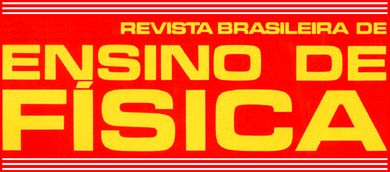When we teach Physics, mainly in High School and in the context of teacher training, the aim is to teach, in addition to physical concepts, aspects of the nature of science (what is science, what differentiates science from other forms of knowledge, how science impacts society). Doing so is a huge challenge, as it may imply a choice between emphasizing more conceptual and mathematical elements, or making the discussion more philosophical. Our objective is to present a proposal for the analysis of historical texts with a didactic purpose, in order to allow the exploration of Physics (the conceptual and mathematical aspects) at the same time that epistemic and social aspects of science are discussed. In this sense, we propose, in this article, an alternative to explore history with the aim of highlighting a little analyzed element about the nature of Science: the role of scientific hypotheses in the construction of knowledge. We assume that every statement whose content exceeds the empirical content of a research can be considered a hypothesis. Seeking to establish an analysis proposal with didactic purposes, we propose a categorization of scientific hypotheses regarding their nature (cosmovisive, ontological or representational) and regarding their logical role in the construction of Science (initial axioms, hypotheses assumed later or derivations). Finally, we exemplify the application of this framework in the analysis of historical episodes that led to the Heat Equation and Schrödinger’s Equation, examples that could be adopted in the context of Physics teacher education, suggesting that research based on the proposed approach be developed in the future.
Keywords:
Hypotheses; history of Science; nature of Science

 Thumbnail
Thumbnail
 Thumbnail
Thumbnail
 Thumbnail
Thumbnail


